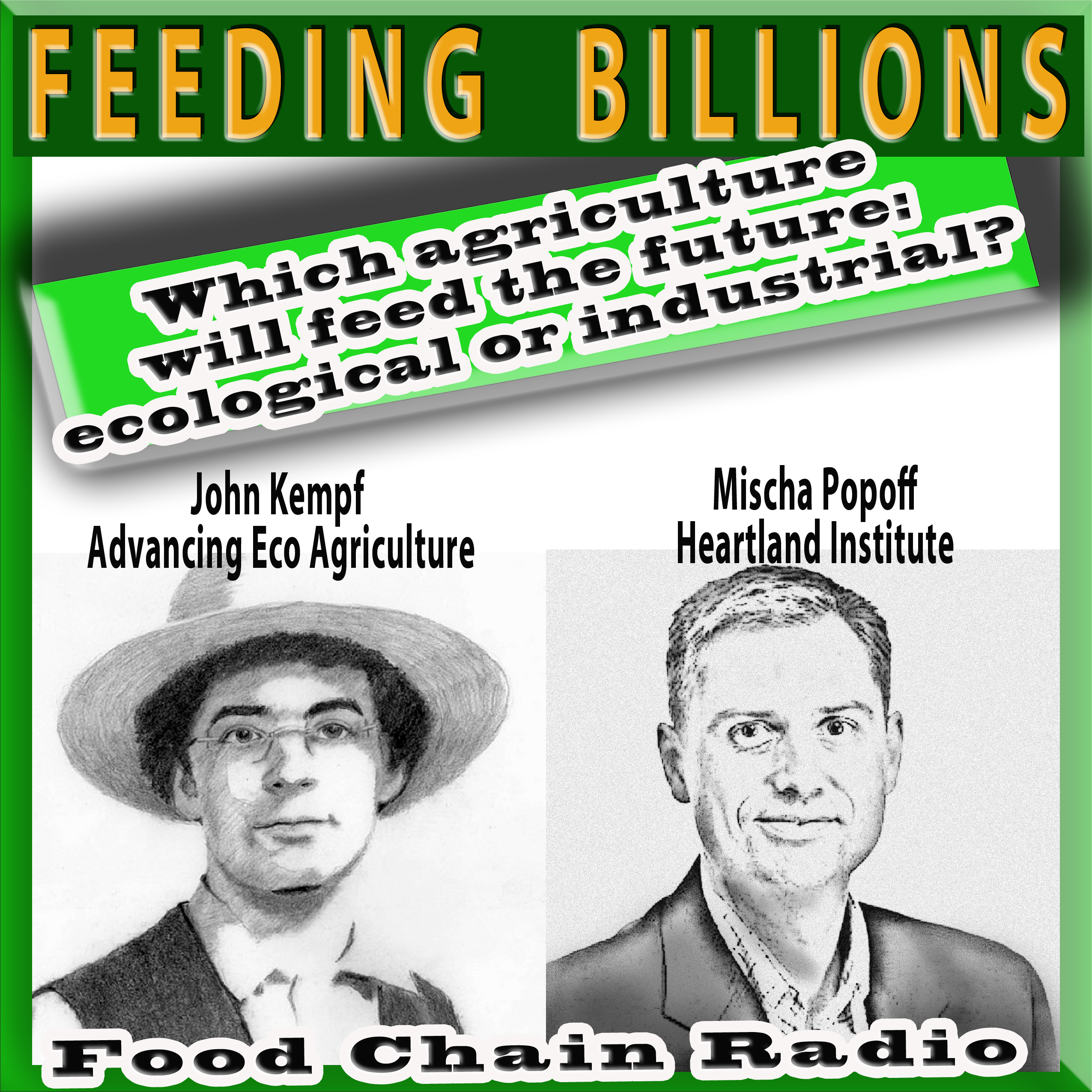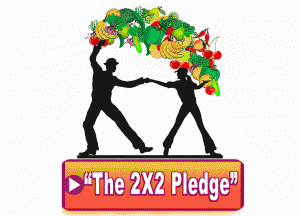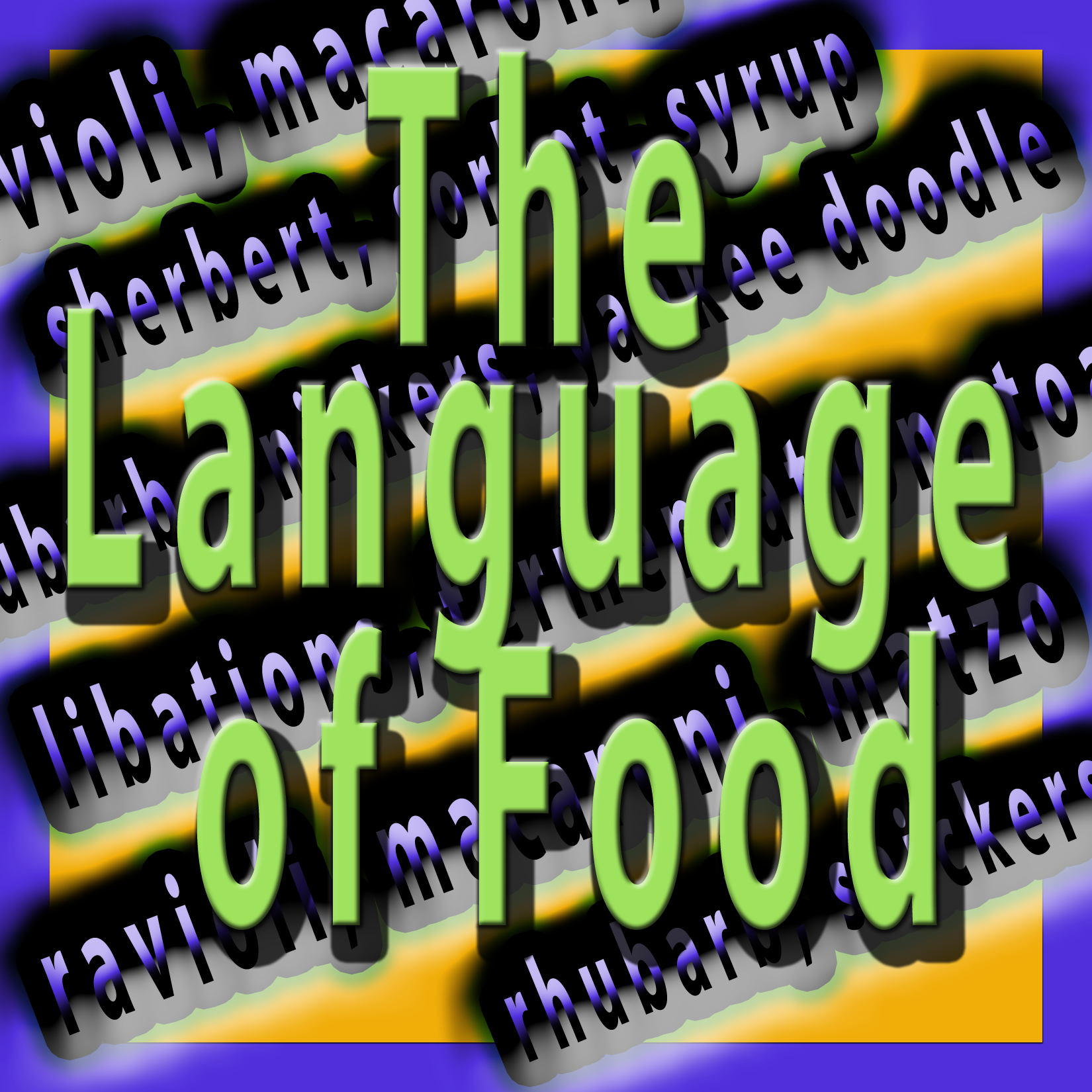
Eating Words
October 16, 2014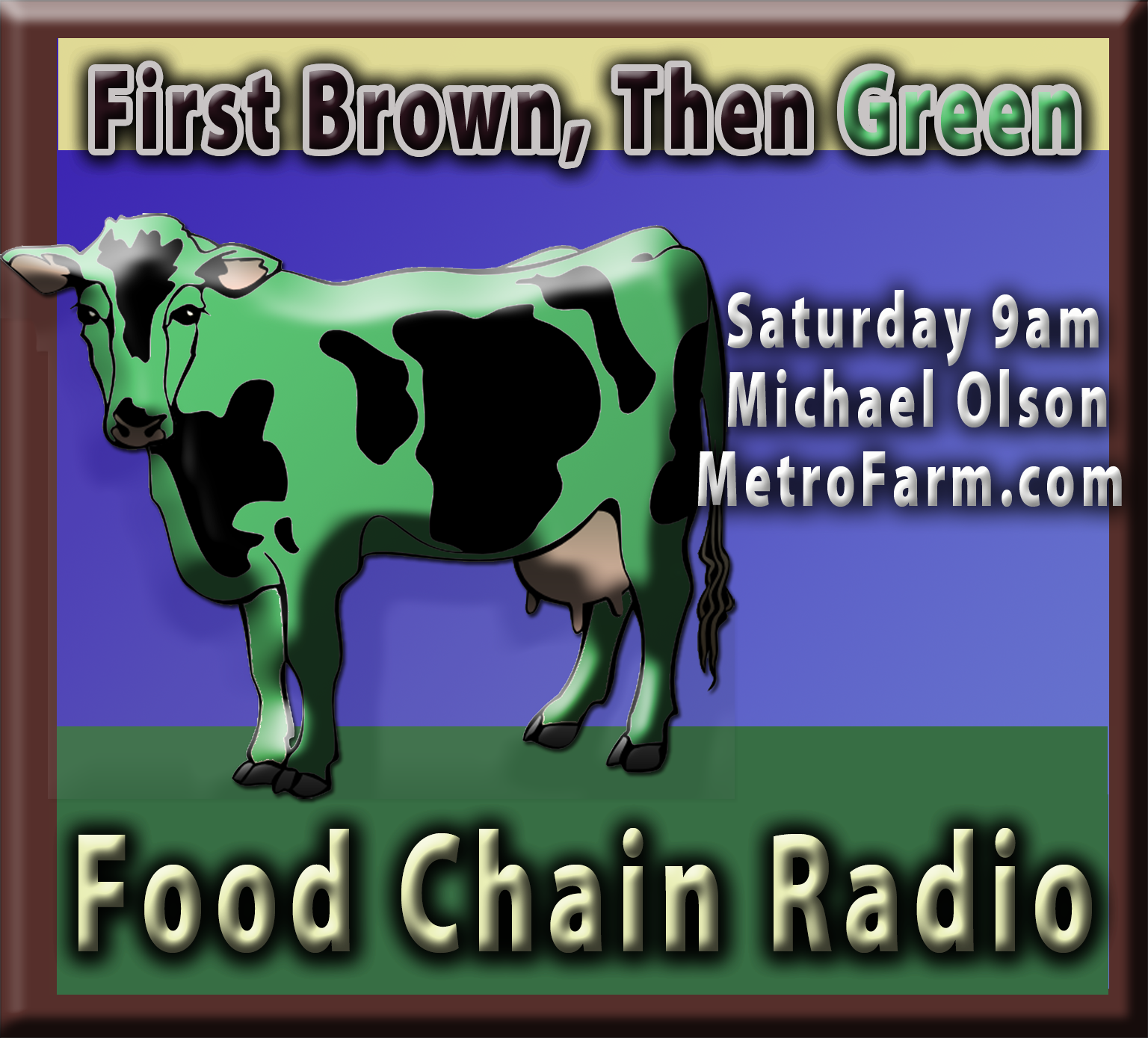
Biological Soil
October 30, 2014Food Chain Radio Show #988
Michael Olson, Author & Urban Farming Agriculturalist
FEEDING THE BILLIONS
Which agriculture will feed the future: ecological or industrial?
John Kempf, Advancing Eco Agriculture; Mischa Popoff, Heartland Institute
Those who count say there are now 7.2 billion of us living here on planet earth. Those who estimate say by 2050 there may well be 9.1 billion of us, with 70% living in cities.
The numbers demand, in the most elemental of terms, that agriculture deliver 26.39% more food in 2050 than it delivers today. There are two strategies for agriculture to pursue:
One strategy for feeding the future, which we will call “ecological” for want of a better term, seeks to increase productivity by amplifying the biological processes of nature. One example of ecological agriculture is that discovered by U.S. Secretary of Agriculture F.H. King in 1900 when he visited China. Said King, in his Farmers of Forty Centuries,
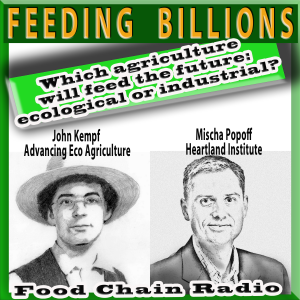
Michael Olson Food Chain Radio: FEEDING THE BILLIONS Guests: John Kempf, Advancing Eco Agriculture; Mischa Popoff, Heartland Institute
“With our broad fields, our machinery and few people, their system appears to us crude and impossible, but cut our holding to the size of theirs and the same stroke makes our machinery, even our plows, still more impossible, and so the more one studies the environment of these people, their numbers, what they have done and are doing, against what odds they have succeeded, the more difficult it becomes to see what courses might have been better.”
The other strategy, which we will call “industrial” for its factory-like scale, seeks to increase productivity by redirecting the biological processes of nature. Examples of industrial agriculture abound in the heartland of America where, with the help of plants genetically modified to contain pesticides and to withstand herbicides, one can find individual farmers growing a thousand acres of crops, with no weeds or pests!
The divergent paths these two forms of agriculture take toward feeding our future lead us to ask…
Can either agriculture deliver 26.39% more food in 2050 than it delivers today?
Should we, through our governments, encourage the development of one agriculture at the expense of the other?
Which agriculture will likely win the competition to feed our future‘s billions?

